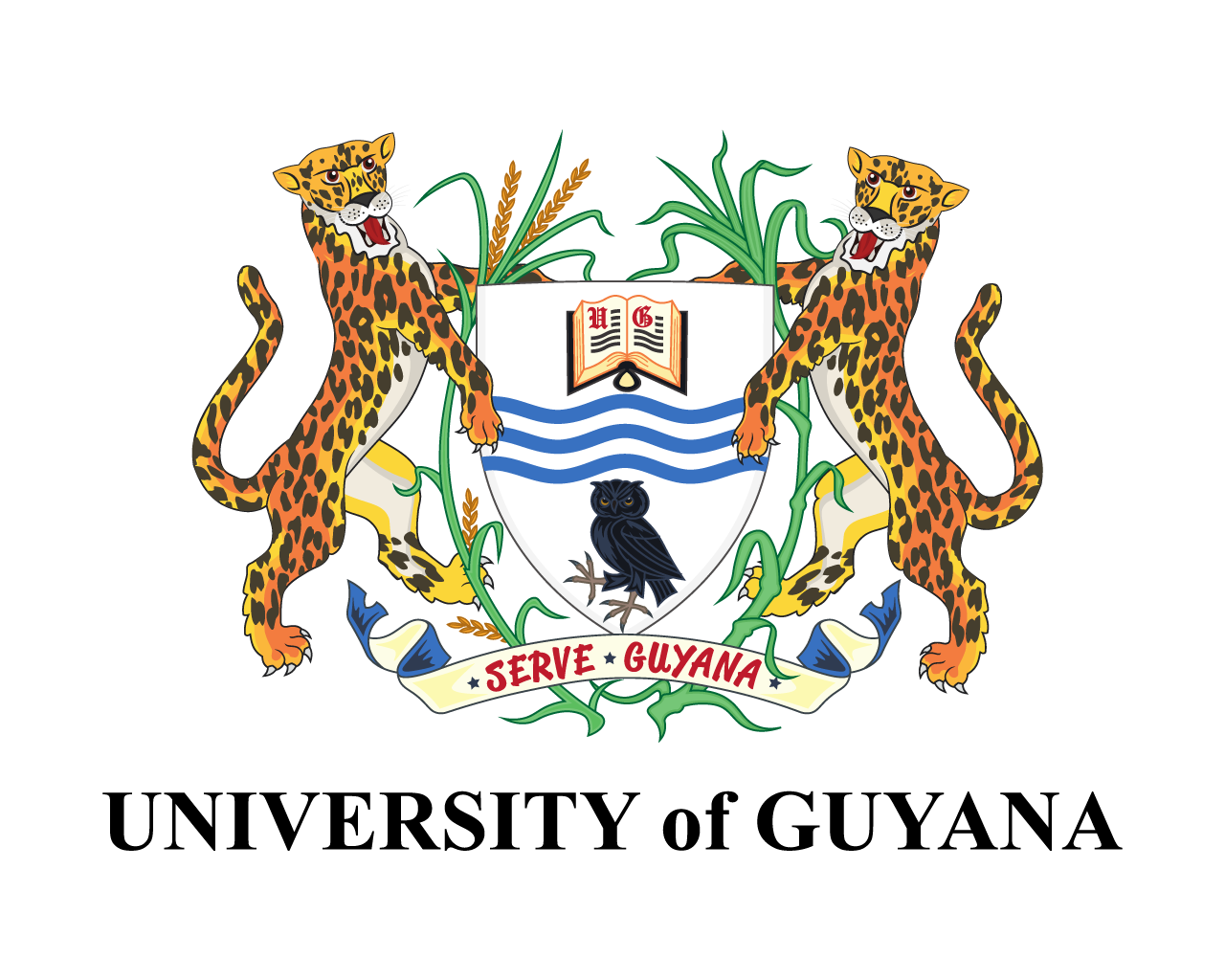
UG and WWF Partner to Advance Education in Environment and Social Justice
Sunday, July 12, 2020 - 12:46WWF makes significant book donation to the University of Guyana
The University of Guyana (UG) and World Wildlife Fund (WWF) in recognising the importance of the ad- vancement of education on environmental ethics and social justice in Guyana, partnered on an initiative which saw the addition of thirteen titles, amounting to a donation of thirty-nine books in total to the university’s li- brary.
The books were officially handed over via an online ceremony on June 30, 2020, which was attended by sen- ior officials and lecturers of the University, as well as staff from WWF and key partners engaging on gender and social inclusion.
Among the participants at the handing-over were the newly appointed Vice-Chancellor of the University of Guyana, Professor Paloma Mohamed-Martin, WWF-Guianas’ Country Manager, Guyana, Ms. Aiesha Wil- liams, Professor Michael Scott, Deputy Vice-Chancellor, Academic Engagement, Dr. Troy Thomas, Dean, Faculty of Natural Sciences, Dr. Temitope Oyedotun, Dean, Faculty of Earth and Environmental Sciences and Mr. Calvin Bernard, Senior Lecturer, Faculty of Natural Sciences.
In her remarks, Professor Paloma Mohamed-Martin expressed a special thank you to WWF for their sterling contribution to the University. She noted it is no better time for us (Guyana) to discuss social justice and the environment, since individuals and all human life are bound with that of the environment, planet and world around us. Additionally, she stressed the importance of the development of UG’s capacity to deliver the high- est quality of education to all Guyanese.
The Vice-Chancellor explained that there are three aspirational goals in the University’s Blue print that are in keeping with the theme 1.) Is for UG to become a model for the nation (our responsibilities are cumulated in the important concept in our library of books, which will help us to inculcate knowledge to our students 2.) Problem solving for our nation 3.) A thought leadership path for UG in all aspects of our mandate, not just to produce students who are technically proficient but who can also work towards being the future leaders of the country.
Though the expansion of programmes offered by the University of Guyana is focussed mainly on the science and social programmes, including social sciences, technology and agriculture. UG has adopted an immediate uptake of the principles of environmental ethics and social justice into the curriculum of specific courses across two faculties thus far, the Faculties of Natural Sciences (FNS) and Earth and Environmental Sciences (FEES).
With changes in the curriculum, the university will now be better able to effectively address social issues and norms to reduce gender disparity and power imbalances. These power imbalances are known to reduce partici- pation in the decision-making processes, thus affecting the governance of natural resources and overall conser- vation outcomes.
WWF-Guianas’ Country Manager, Ms. Aiesha Williams, – expressed WWF’s commitment towards safeguard- ing the environment and conservation “WWF, inherent in our quest and approach to conservation; lead, part- ner, and support efforts in achieving more equitable, sustainable and greener development pathways.”
Ms. Williams also emphasised some key benefits of this initiative as she noted that, “building such aspects into the curriculum of the university and into environment and conservation-based programmes enhances the ca- pacity of graduates and therefore strengthens their capability to apply aspects within their work setting, espe- cially in the natural resources sector.”
The University of Guyana and WWF have shared a long history of collaboration over the years. This most re- cent project is realised under the Shared Resources Joint Solutions programme (SRJS) currently being led by WWF-Guianas and implemented in Guyana and Suriname. It seeks to recognise the need for more diverse per- spectives in the decision-making processes and addresses the root causes of environmental degradation.
Among the titles donated are: Environmental Justice as Social Work Practice, What Is Critical Environmental Justice, Ethics and the Environment Mountain of Justice, Flint Fight Back, Environmental Justice in a Moment of Danger.
